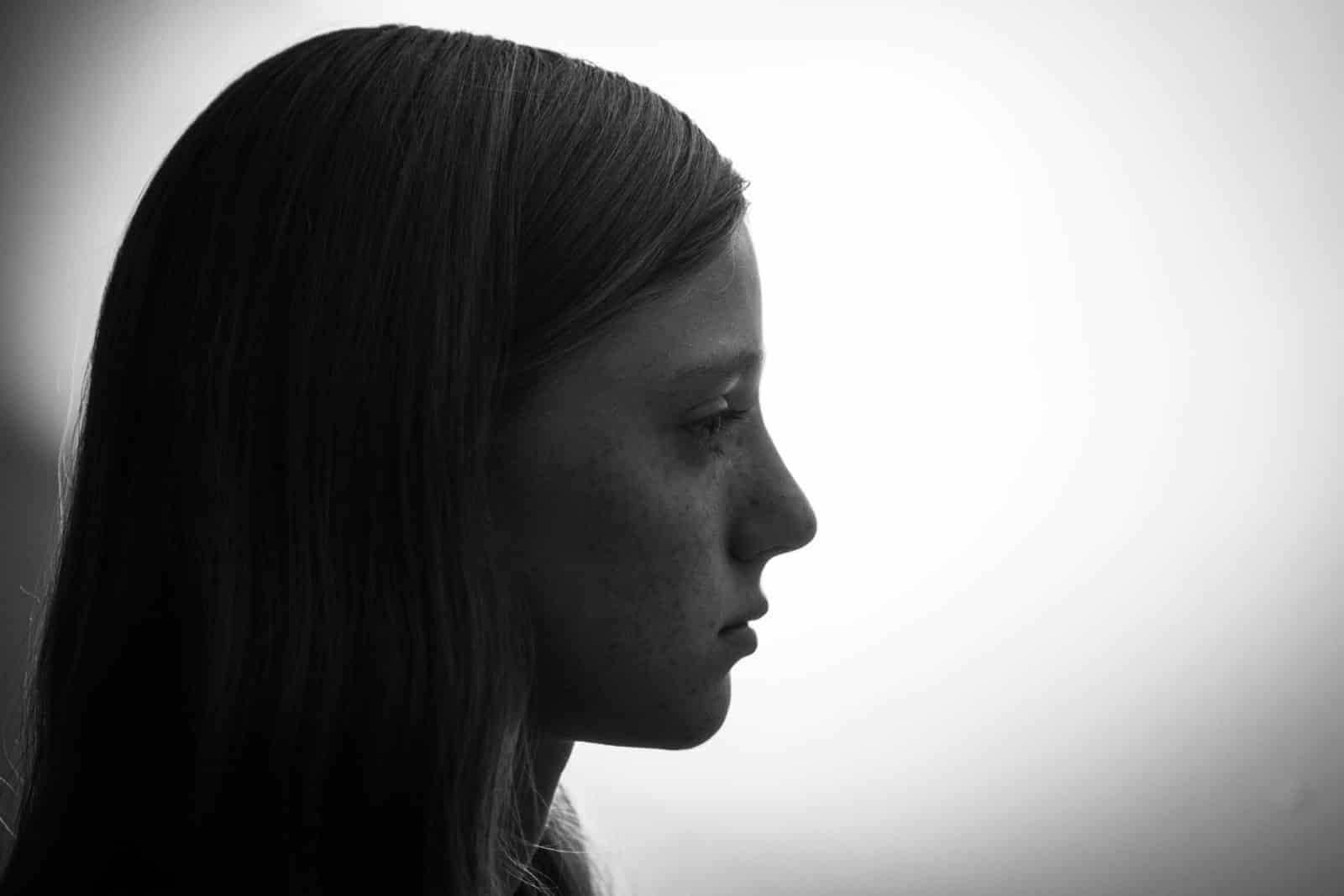As mental health becomes less taboo and more widely discussed, the focus tends to be on helping younger generations work through issues. But what about adults over fifty who are suffering from mental illness?
Mental Healthcare and Accessibility

In 2024, mental healthcare is far more accessible than it was twenty years ago. For most insured Americans, psychotherapy is available at a reasonable cost.
Lessening the Taboo

With social media’s influence, much of the taboo around mental health has waned. Millennials and Gen Z-ers tend to be more open to seeking help for mental disorders compared with older generations.
Diagnoses Rates Increase Among Young People

Unsurprisingly, this means diagnoses for things like depression, anxiety, and other mental illnesses are up. Even neurotype differences like ADHD and autism are more widely diagnosed today.
A Forgotten Generation

But there is an entire subset of Americans over 50 who may be suffering in silence. The incidences of these mental issues have not suddenly increased; rather, they’re just more readily reported.
Older Adults May Be Victims of Outdated Ideas

Older Gen X-ers and Boomers are more likely to have come of age in a time when the taboo surrounding mental health was in full force. No one had a therapist, and if they did, it wasn’t talked about.
A Dark History

Often, trauma was brushed under the rug, clinical depression was written off as a circumstantial mood change, and people could do little more than hope things would improve.
Cultural Changes on the Horizon

Now, there is a real need for a cultural shift in the way mental healthcare is perceived by older Americans. As folks begin to retire and experience more isolation, they may find it more difficult to mask symptoms of depression or other illnesses.
The Truth About Aging

The morbid truth is that aging means facing mortality. This can be a heavy and difficult concept to cope with, and many people need support when working through it.
Older Adults Shun Mental Health Support

Whether people are getting that support is questionable, though. In fact, older adults aren’t very likely to seek mental health help at all.
Depression Rates High in Seniors

Studies show that fewer than 10 percent of adults over age 60 will seek therapy or mental health support. Depression rates are high among seniors, with as many as 10 percent of them experiencing depression in some capacity.
Nursing Home Residents at Higher Risk of Mental Illness

When nursing home residents were surveyed, researchers found that nearly 30% of those people were depressed.
Asking the Right Questions

The question is not whether retirees need access to mental health resources — it is why they don’t tend to seek out that help. Statistically, the biggest reason seniors avoid mental healthcare is the cost barrier.
Educational Barriers

Despite the fact that Medicare covers mental health services, there may be a problem with how widespread that knowledge is. Measures should be taken to make sure seniors know what benefits they have so they can be used.
Facing the Stigma

Other than cost, the stigma of seeking mental health treatment still weighs heavily on some seniors. More work needs to be done at the community level to help break down those barriers and point those in need in the right direction.
Programs Making an Effort

Outreach programs around the country are working to increase awareness of mental health resources for seniors and provide funding for those who don’t have insurance.
Financial Barriers Pose a Concern

While Medicare does cover counseling, there could be other financial barriers like affordable transportation preventing seniors from seeking help.
Finding the Truth

Ideally, mental healthcare will become as accessible and affordable as any other form of healthcare. In the meantime, seniors should look to the evidence to understand how mental disorders work to help reduce any lingering stigma.
Seniors Don’t Prioritize Mental Health

When it comes to mental health, retirees tend to put theirs on the back burner. But studies are clear that if untreated, mental illness will simply persist.
Taking Mental Illness Seriously

As is the case with physical ailments, mental disorders can be debilitating and disabling. Understanding that having a mental illness is not a flaw but a normal part of life is critical to fighting against the stigma and encouraging people to seek help when they need it.
More From Elpasony
Tapas Tales: Embark on a Flavor-Filled Spanish Adventure
19 Easy and Healthy Toddler Snacks You Haven’t Tried Yet
Indulge Your Culinary Wanderlust: 15 Foodie Paradises for Every Palate
The post Bridging the Gap: Recognizing Senior Mental Health first appeared on elpasoNY.com.
Featured Image Credit: Shutterstock / BearFotos.
For transparency, this content was partly developed with AI assistance and carefully curated by an experienced editor to be informative and ensure accuracy.

